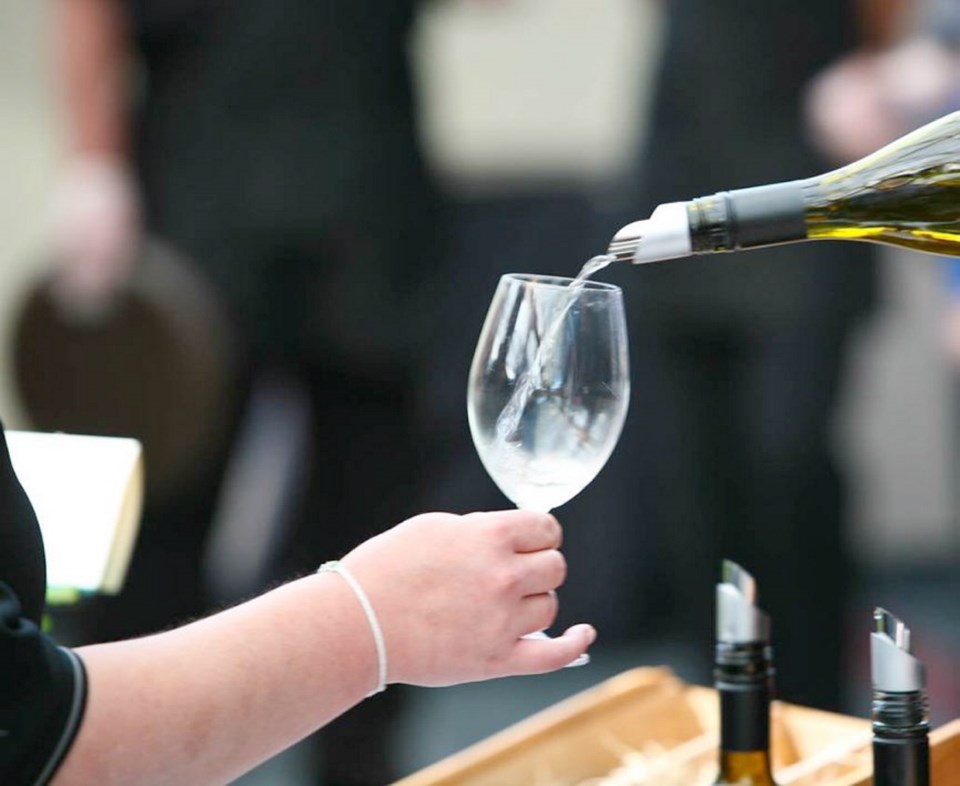Here’s one way to judge whether the big liquor-policy reform will be an overall benefit to B.C.
Picture all the changes in place — relaxed licences, freedom to move around holding a drink, more hard liquor at public events, happy hours. Then imagine the Vancouver Canucks losing Game 7 of the Stanley Cup finals at home.
Would there be a disgusting descent into madness by thousands of drunken goons, like last time?
Or would presuming people are responsible adults become a self-fulfilling prophecy, easing the threat of a mass meltdown of civility?
Most would pick the first scenario as more likely. Booze plus huge, excited crowds equals trouble. More booze, more easily available equals more trouble.
It takes an optimistic person with a sunny outlook on human behaviour to imagine that relaxing liquor laws would improve 100,000 surly hockey fans’ dispositions after a big loss.
So the Liberals are rolling the dice with the changes confirmed Friday. But that gamble will only come up very occasionally. Riots like the Stanley Cup one are few and far between.
In routine daily life, the changes will be a refreshing break from the institutionalized headaches that current liquor policy creates.
Special-occasion licences are one example where common sense appears to have broken out. The government issues 25,000 a year, for everything from weddings to sports tournaments. Applicants have to apply at a government liquor store, then go to the police station to get their approval. Some then have to go to city hall, then back to the liquor store to pick up the licence and the booze.
You can’t legally serve homemade beer or wine at the event. And if it’s a multi-day, multi-venue event — like the Okanagan Wine Festival — organizers need SOLs for every event, on every day.
The changes include an online application process and one annual SOL for outfits that hold more than one event a year. Big events will require only one licence. Police will have to be notified, but won’t likely play much of a role in approvals.
The regulation that requires non-profits to apply for licences for concerts and events will be removed, so the promoter who manages the event will be responsible for the licence.
Hobby brewers and vintners can get SOLs to host competition events, allowing their products to be sampled by judges and the public.
The most obvious change is that the practice of herding drinkers into corrals at special occasion-licensed events will be dropped. Drinking will be allowed over the whole site. No more beer gardens.
One of the thousands of submissions to the review said: “Fenced in, blocked off beer tents are mocked by tourists and rightfully so. They imply that residents are not to be trusted and need to be kept penned up. We can be trusted, I promise.”
The new relaxed approach will also apply to restaurant/pubs. Some of the invisible lines between the licensed and non-licensed areas will disappear. Children will be allowed into some pubs or clubs, up to 9 p.m.
Those and other changes will get most of the attention. But there are also some measures to balance the new relaxed approach.
B.C. is going to push for new warning labels on all bottles and bring in a new social-responsibility campaign.
And thousands of servers who are now outside the scope of the Serving it Right program will be required to take that course. A quick version will also be required of anyone who gets a special-occasion licence.
The government will push police to write more tickets to minors in possession, rather than just forcing them to pour out the booze. Also in the works is a “last drink” program, where a licensee who serves an impaired driver their last drink could be penalized.
The new regime will likely work well day-to-day. But brace yourself if it gets out of hand during the playoffs.



